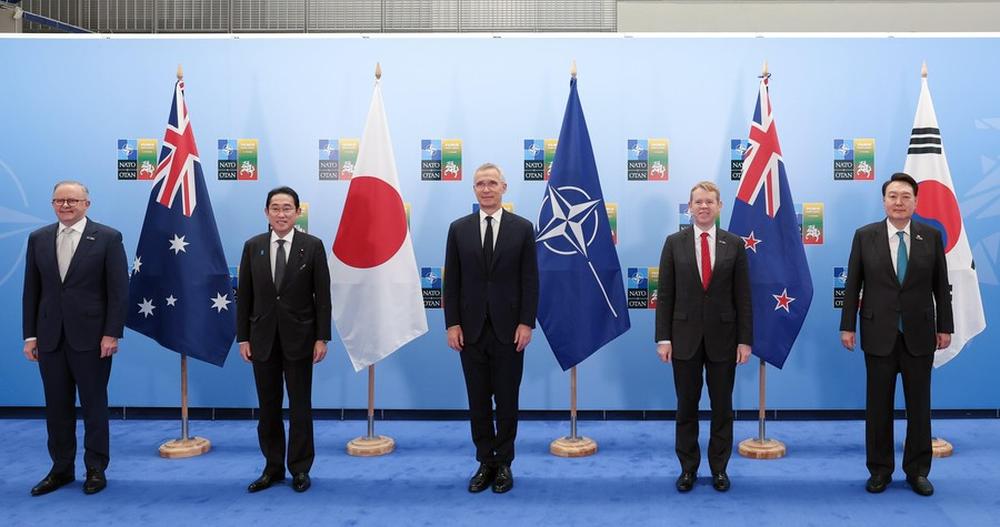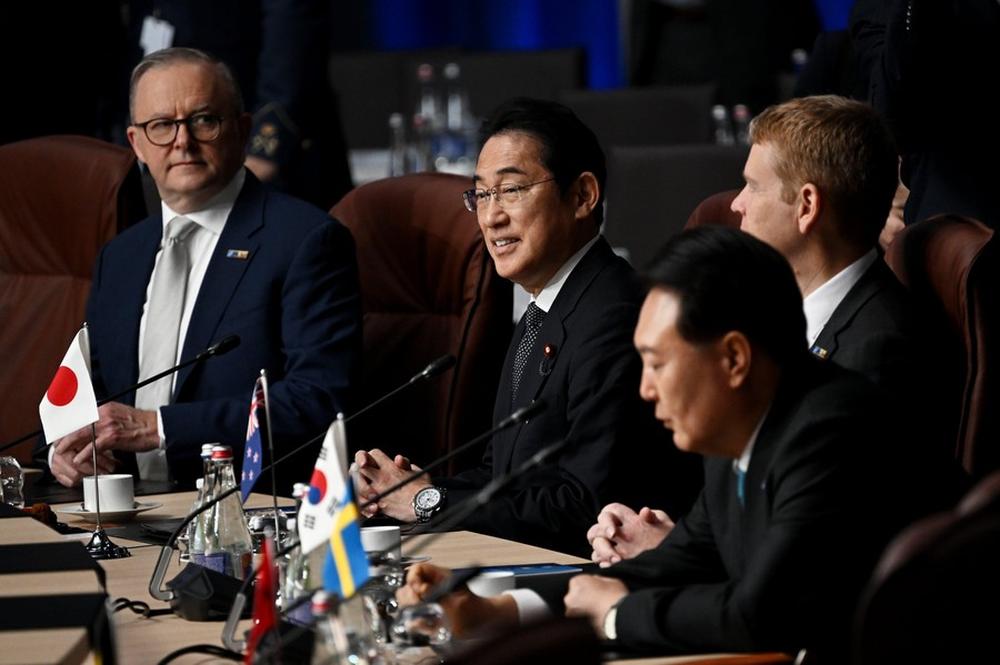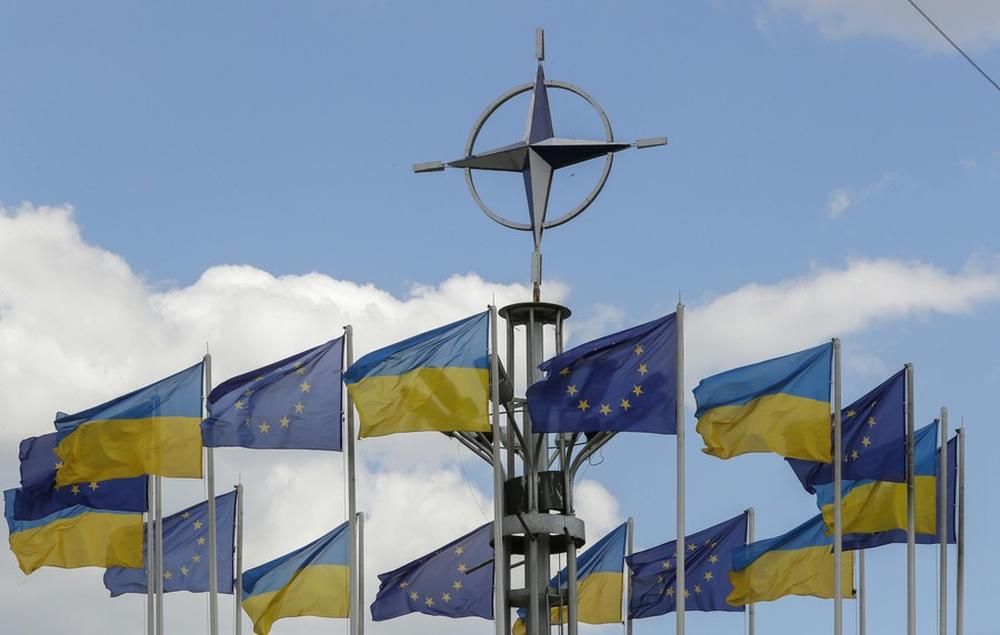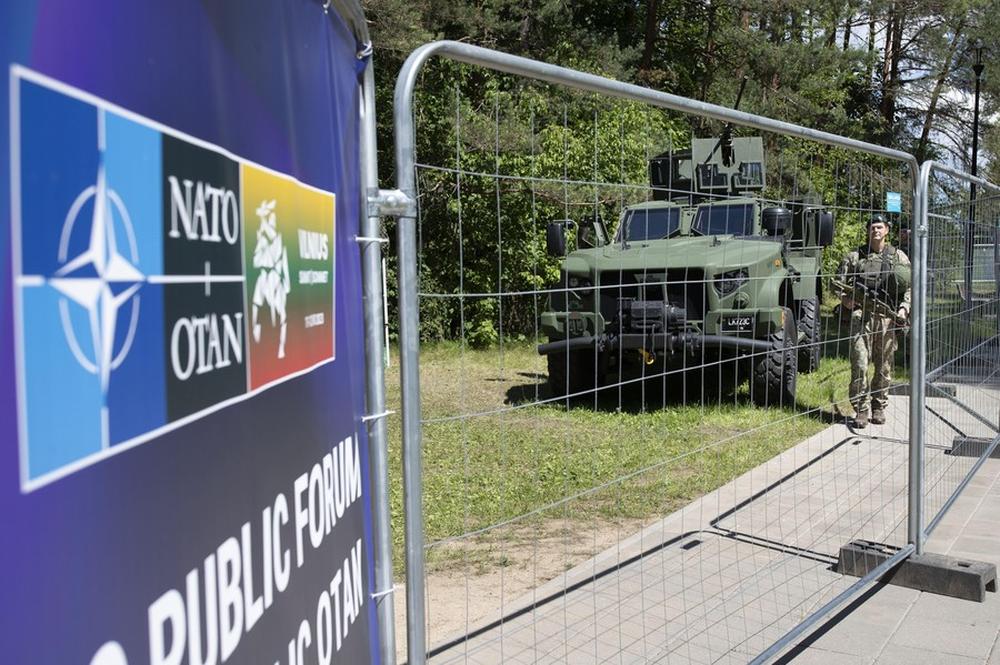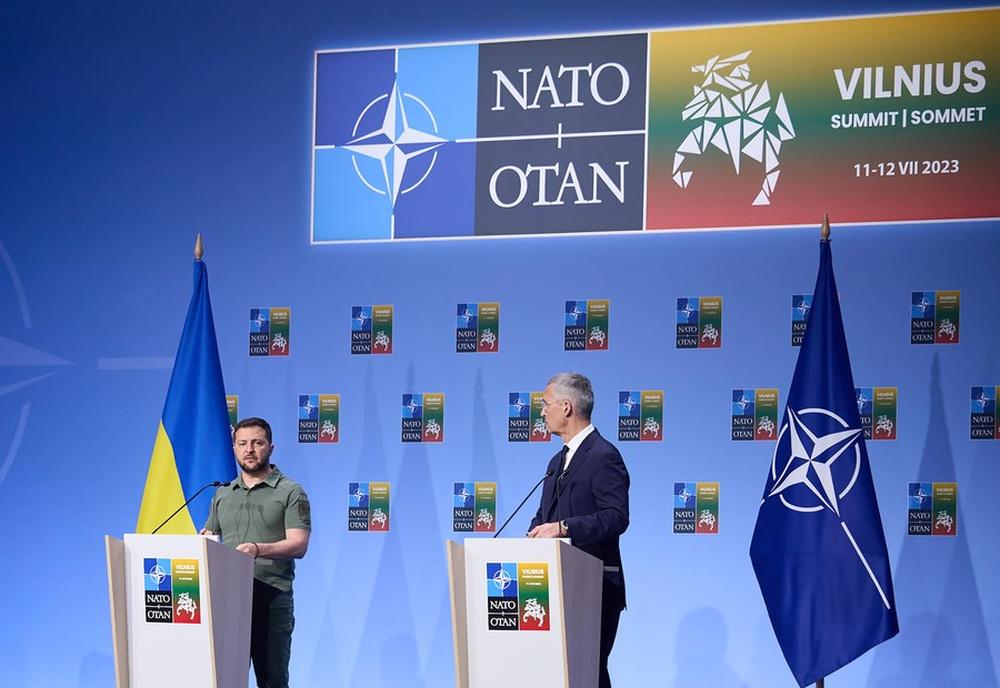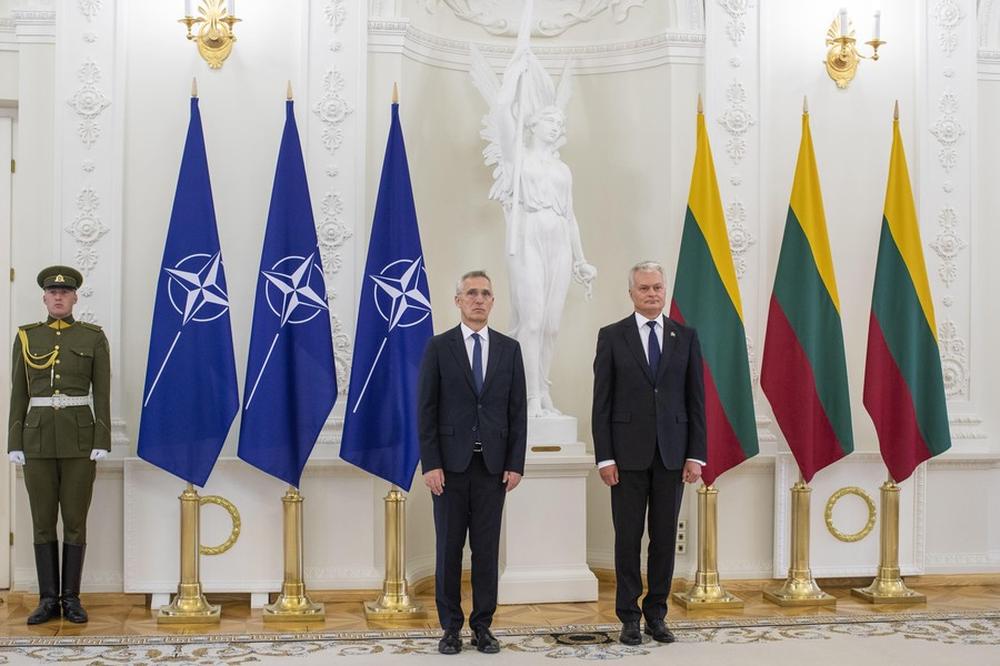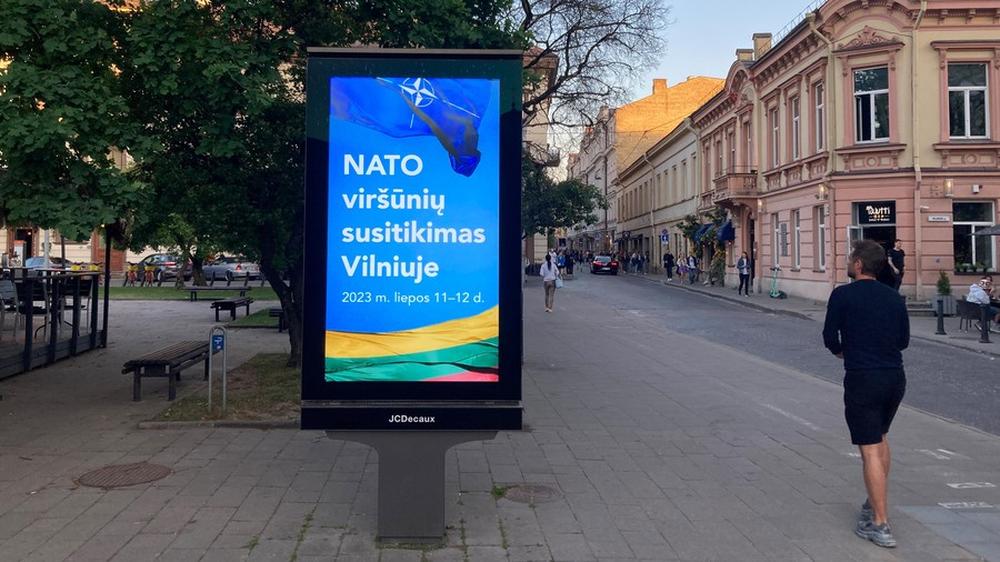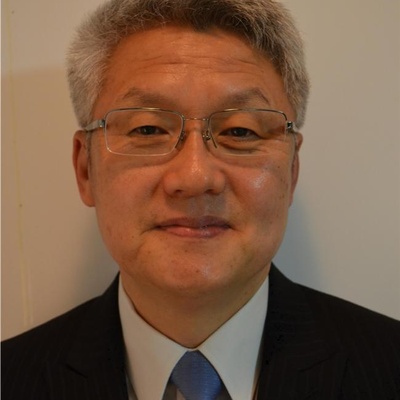
- #Europe
- #Global Issues
- #South Korea
- #US-ROK Alliance
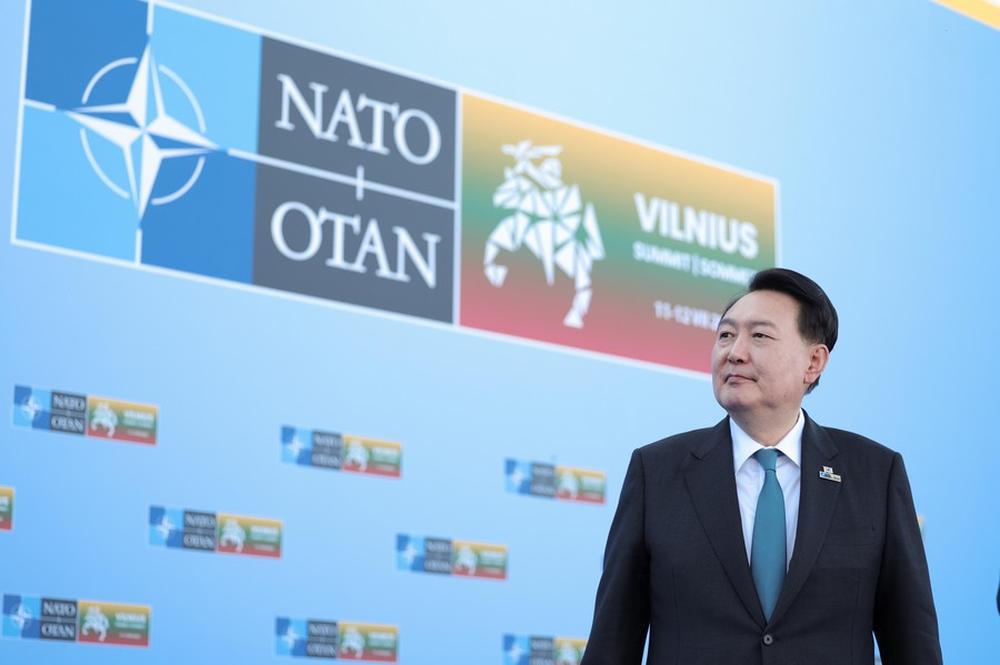
► President Yoon’s visits to Lithuania, Poland, and Ukraine seem to be a case of putting all his eggs into one basket as debates arise concerning ROK's role internationally as well as domestically.
► ROK has agreed to increase information sharing by joining NATO’s Battlefield Information Collection and Exploitation System (BICES), institutionalize cooperation with NATO through the Individually Tailored Partnership Program (ITPP), and financially support Ukraine through the “Ukraine Peace and Solidarity Initiative."
► Domestically, the recent expansion of so-called K-Defense industry has certainly been remarkable, yet many worry about whether President Yoon had lost sight of the ROK’s true security priority, threats from North Korea, and the geopolitical issue with China.
After attending the 2023 NATO summit in Vilnius Lithuania, as one of the so-called Asia-Pacific Four (AP4), President Yoon Suk-yeol of South Korea also visited Poland and Ukraine.
Some of his critics have characterized President Yoon during his European trip as for supporting US interests instead of Korean ones, whereas his supporters claim that he achieved several tangible and important results. To determine who has the truth of the matter requires us to consider a number of questions.
Why is the ROK becoming more involved with NATO?
Forging a closer relationship with NATO reinforces the Global Comprehensive Strategic Alliance between the ROK and the US and also supports President Yoon's aspiration for the ROK to become a “Global Pivot State.”
Notwithstanding its remarkable political and economic achievements, the ROK is still suffering from the legacies of the Cold War and presents a useful reminder to the 32 members of NATO of the benefits of unity. This is true today, with the Ukraine War, just as it was during the Korean war of 1950-53.
President Yoon has argued that the Atlantic security and Indo-Pacific security are closely linked. Earlier in the year, NATO Secretary-General Jens Stoltenberg had visited Seoul to discuss upgrading political and military relations with NATO, and the ROK has now agreed to increase information sharing by joining NATO’s Battlefield Information Collection and Exploitation System (BICES).
President Yoon also agreed to institutionalize cooperation with NATO in 11 areas through the Individually Tailored Partnership Program (ITPP). For Ukraine, he announced ROK’s financial support for the “Ukraine Peace and Solidarity Initiative,” and ROK seems to be taking more active steps than the rest of the AP4.
Has the ROK become involved in a new Cold War, which will be difficult to back away from?
The ROK’s defense industry can make a unique contribution to the needs of Ukraine and its neighbors, such as Poland. The EU and US defense industries have already moved away from big production lines to make smaller-scale parts for assembly in the ROK, though there are some concerns about profitability.
The ROK is effectively supplying hardware to Ukraine indirectly by selling to Poland and other neighbors and allowing them to then provide weapons to Ukraine. ROK’s KAI delivered the first batch of FA-50 fighters to Poland on the very day that the US supplied cluster munitions to Ukraine. The ROK is thus already involved in the Russia-Ukraine conflict which pleases the US while upsetting Russia and, to a lesser degree, China.
Most of Ukraine’s pre-invasion weapons and defensive systems are based on Russian standards, but the US and NATO are now replacing these with interoperable hardware which is interchangeable between US allies.
The Joint Statement of the Vilnius Summit reveals divisions among NATO about the political and economic systems of Ukraine, and many EU members have also expressed doubts. The ROK has now committed to the US nation-building project for Ukraine, however, many South Korean commentators feel that President Yoon has made a geopolitical misstep by joining in too enthusiastically with NATO’s ambitious and aggressive anti-Russian efforts as well as the US attempts to contain China. According to this view, Yoon has lost sight of the ROK’s true security priority, which is the threat from North Korea.
What do the NATO summit promises of closer military cooperation actually mean for the ROK?
Since 2020, various ships and special units from NATO members have come to the Indo-Pacific region for joint exercises to support ASEAN against Chinese coercive behaviors in the South China Sea, but this has had little effect in countering China’s military expansion. It seems unlikely that the ROK would dispatch an expeditionary force to join NATO-led military exercises in the Indo-Pacific, though cyber-cooperation looks more feasible.
Conversely, considering EU and NATO military capacities and also their problems in building and maintaining a unified strategic approach, a multinational NATO alliance seems unlikely to play any coherent role in a Taiwan crisis, South China Sea disputes, or North Korean nuclear and missile crisis.
President Yoon claims a diplomatic success for his NATO meetings and his trips to Poland and Ukraine, so why are his polling numbers so poor?
His current unpopularity is principally due to his stance on Japan’s upcoming discharge of radioactive water into the Pacific Ocean. Most of the South Korean public want him to condemn Japan’s actions, despite the scientific consensus that the discharge is unproblematic. Neither at the NATO AP4 meeting nor at his bilateral summit with Prime Minister Kishida did President Yoon offer any criticism of Japan. It seems that his strong commitment to improving ROK-Japan relations is undermining his position domestically.
During the NATO summit on July 12, 2023, North Korea launched a Hwasong-18 ICBM which fell in the East Sea/Sea of Japan. President Yoon has insisted that the Indo-Pacific region must establish a strong collective security posture in solidarity with NATO, but the summit made no response to the launch beyond verbal criticism, as reflected in paragraph 57 of the Vilnius Summit Communique. Yoon’s position would surely be strengthened if NATO were to explicitly acknowledge that North Korean ICBMs represent a real threat to Europe, with Berlin and London both in range. The ROK-US combined defense posture and trilateral security cooperation between ROK, US, and Japan are essential, but Yoon has failed to persuade the wider international community to take a stance on North Korean WMD development and ballistic missile launches.
Isn’t the growth in ROK defense exports a success story for President Yoon?
The recent expansion of so-called K-Defense has certainly been remarkable. ROK arms exports increased to US$17bn in 2022, growing 242% in a single year and making the country the 8th largest weapons exporter in the world. Poland was the most important customer, but other neighbors of Ukraine are also potential target markets.
The ROK sold 2.8% of global arms exports last year, and President Yoon has claimed this as a success for his pragmatic diplomacy, which is supposedly based on national interest, with less focus on balancing between US and China. There are some concerns about profitability. However, profits will likely only amount to 3-5% of total contract value because most of the core hardware parts are being manufactured by major arms companies in the US and the EU.
Nevertheless, the Ukraine War has been good for the ROK defense industry as Poland bought K2 Black Panther tanks from Hyundai Rotem, K9 self-propelled howitzers and Chunmoo multiple launch rocket systems from Hanwha Aerospace, and FA-50 light fighters from KAI. These contracts total US$14bn, and some analysts expect ROK’s share of global arms exports to rise to 5% by 2027.
Will President Yoon’s ‘surprise’ visit to Ukraine help his plan to make the ROK a Global Pivotal State?
Ukraine suffers from considerable political and economic corruption, and President Yoon’s visit should be seen in this context. The US is effectively presenting the ROK as an advertisement for the rules-based international order, and an example of successful nation-building mediated by a long-term alliance with the US.
Won Hee-ryong, Minister of Land, Infrastructure, and Transport, accompanied President Yoon on his visit to Europe, and this was a strong indication that a visit to Ukraine was likely since the ROK expects to play a major role in the reconstruction of Ukraine after the current conflict.
President Yoon also brought along more than 80 ROK industrial leaders on his visit to Lithuania and Poland, and companies like LG and Samsung are clearly anticipating developing new markets in Ukraine, with EU support funding, as part of the reconstruction.
Should the ROK be concerned about the reactions from Russia, and from China, after President Yoon’s visit to Ukraine?
President Yoon’s visit to Ukraine is a symbolic gesture which sends a message to North Korea, as well as to the US, Japan, and domestically. First, it shows that the ROK is aligned with the US strategic position. Second, his closer involvement with NATO signals that the ROK aspires to be an important international actor, which Yoon has termed a Global Pivot State. Third, Yoon faces the general election next year, and is seeking to bolster his support among his base which includes many anti-communist conservatives. Fourth, for the same reason, Yoon wants to exploit the parallels between Ukraine’s plight today and that of Korea during the Korean War, portraying himself as a staunch supporter of the ROK-US Alliance and also of the US-backed global order.
Perhaps surprisingly, trade between the ROK and Russia is growing, despite the US and EU sanctions over Russia’s invasion of Ukraine. Russian reaction to Yoon’s European trip has so far been relatively muted, maybe because President Putin has been distracted by internecine struggles.
As for China, it has only itself to blame for fostering warmer NATO-AP4 connections, as President Yoon has commented. Xing Haiming, the Chinese Ambassador to the ROK, criticized NATO for labeling China as a “systemic challenge” and complained about NATO’s “provocative speech and acts,” but he also called on South Korea to play a role as a “lubricant” in relations between the US and China. ROK Minister of Foreign Affairs, Park Jin, met with China’s highest ranked diplomat, Wang Yi, at the ASEAN Regional Forum on July 14, 2023, and so far, it seems that China will not react precipitately.
Moreover, China has proposed the resumption of trilateral summits between the leaders of the ROK, China, and Japan after a hiatus lasting many years, and this is perhaps in response to the ongoing US attempts to institutionalize the ad hoc trilateral security cooperation between the US, ROK, and Japan into a permanent framework, as well as the revival of the QUAD which includes India and Australia.
Conclusion
In conclusion, President Yoon’s visits to Lithuania, then to Poland and Ukraine, seem to be a case of putting all his eggs into one basket. We have heard plenty of grandiloquent statements about the ROK extending its diplomatic scope to become a Global Pivot State, but the reality seems wanting, at least so far.
Certainly, some ROK-NATO MoUs have been signed, as were also various defense contracts, particularly with Poland. This was the second occasion on which the ROK has been invited to a NATO summit, but the character and scope of the much-vaunted closer cooperation between NATO and the AP4 remains obscure. Whether President Yoon’s involvement with NATO is genuinely in the ROK’s national interests or is simply a domestic political stratagem, only time will tell.

Sukjoon Yoon is a Navy Captain, Republic of Korea Navy (retired), and is currently a senior fellow of the Korea Institute for Military Affairs (KIMA). Before joining KIMA, Captain Yoon’s more than thirty-five years of commissioned service included thirteen years at sea as a principal surface warfare officer and several command and staff appointments. He has been director of maritime strategy studies at the Naval War College, commanding officer of the ROKS WONSAN, chief of policy analysis section and director of policy division, ROKN Headquarters. He graduated of the Naval Academy, ROK and of the commander’s course of the Naval War College in ROKN. He holds a MA in Chinese politics from the National Defense University, Taiwan and a Ph. D in Chinese military affairs from SPAIS, Bristol University, United Kingdom. His academic works focus on military strategy, maritime/naval strategy, maritime security and Chinese military modernization, and his recent publications include “Establishing a Maritime Security Joint-Force Partnership Between the Republic of Korea Navy and the Korean Coast Guard,” in Ian Bowers and Collin Koh, ed., al. Grey and White Hulls: An International Analysis of the Navy-Coastguard Nexus (London: Palgrave Macmillan, 2019); “US Interests Are Not Served by Making a Scapegoat of South Korea,” The Diplomat, January 29, 2020; “Make Way for South Korea's Underwater Drones,” The Diplomat, February 19, 2020; “From Confrontation to Conflict between China and Taiwan: Major Challenges for Taiwan’s Counter Strategy,” The Korean Journal of Defense Analysis, Vol. 32, No. 3, September 2020; “South Korea and the South China Sea: A Middle-Power Model for Practical Policies,’ Gordon Houlden, Scott N. Romaniuk and Nong Hong, ed., Security, Strategy, and Military Dynamics in the South China Sea (Bristol, UK: Bristol University Press, 2021); “Security and Defense Issues Facing South Korea’s Next President,” The Diplomat, March 3, 2022; “What if North Korea Conducts a Seventh Nuclear Test? Likely US-ROK Alliance Responses,” 38 North, May 23, 2022; “Can South Korea Bridge NATO and the US Indo-Pacific Strategy?” The Diplomat, July 2, 2022; “South Korea’s Indo-Pacific Strategy: Some Takeaways,” ICAS, January 6, 2023; “How to Respond to the New North Korean Threat from UAV,” 38 North, January 27, 2023; “Ramification of President Yoon’s US Visit,” ICAS, May 16, 2023; “Emerging New Military Technologies in Northeast Asia ad Implications for South Korean Defense Strateg,” APCSS Nexus, forthcoming, 2023.
